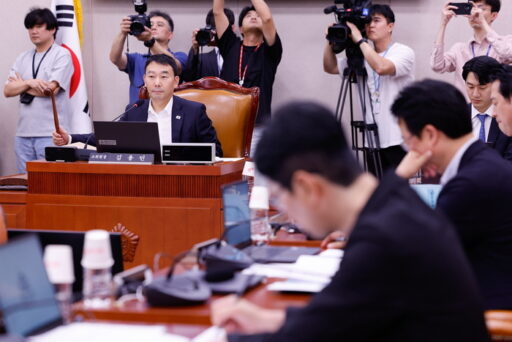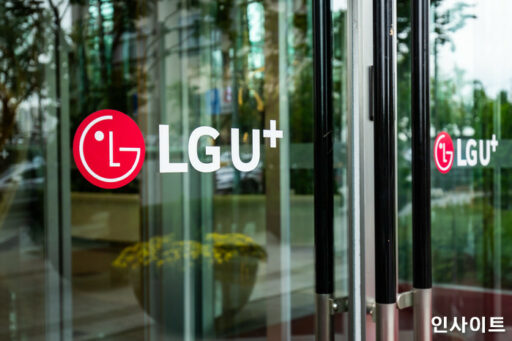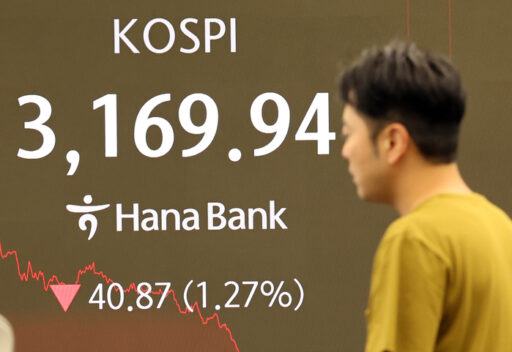Mandatory Share Buyback, Opening the Era of Retail Shareholders
A fundamental shift is occurring in the Korean stock market as we move towards 2025. The amendments to the Commercial Code passed since the launch of the Lee Jae-myung government, along with the currently discussed 'mandatory share buyback' legislation in the National Assembly, are opening new doors of opportunity for minority shareholders. This change indicates a potential reorganization of the stock market, shifting from a corporate-centric focus to one centered around retail investors.
Reorganization Toward Retail Investor Focus
The amendment to the Commercial Code has expanded the fiduciary duties of directors from solely the company to include 'shareholders'. This means that corporate executives must now consider the interests of shareholders in their decision-making processes.
We are entering an era where decisions are not only made for the benefit of the company but also take into account shareholder value.
Furthermore, the mandatory electronic general meetings have made it considerably easier for minority shareholders to exercise their voting rights. Now, shareholders can easily participate in decision-making online without having to attend the general meeting in person.
The expansion of the '3% rule', which limits the voting rights of major shareholders to 3% during the appointment of audit committee members, along with the introduction of the 'independent director' system, are measures that greatly enhance transparency in corporate governance.

Mandatory Share Buyback: A Sign of Rising Shareholder Value
The 'mandatory share buyback' legislation currently under discussion in the National Assembly is generating further waves in the market.
This legislation mandates that companies must burn the shares they have repurchased within one year. Share buybacks have historically served as an important means for companies to defend their stock prices and protect their management rights. However, from the perspective of minority shareholders, the burning of repurchased shares reduces the number of issued shares, thereby increasing the relative value of their holdings. This can be seen as a direct shareholder return policy that elevates shareholder value without any additional investment.
As a response to these changes, some companies are already seeking various strategies, including the disposal of their own shares or issuing bonds backed by their own stocks.
In the securities industry, there are indications that if this legislation is passed, the discount on holding companies may decrease, leading to a reevaluation of previously undervalued firms.

Companies Taking Action Faster Than Words
Already, some companies are taking action ahead of the legal compulsion, truly responding to the call for 'shareholder value'.
LG Uplus has initially burned 6.78 million of its own shares, with plans for additional buybacks and burnings in the second half of the year.
This is not just a mere show of 'boosting stock prices' but conveys a message that they intend to genuinely enhance the value for minority shareholders.
KB Financial has also boldly burned approximately 12 million shares, the largest in its history.
This decision is seen as a rare commitment to increasing governance transparency while attracting long-term investors.
Of course, there are companies that have taken a different approach. Some have chosen not to burn their repurchased shares, instead utilizing them for employee performance bonuses (RSUs) or using them as collateral for convertible bonds (EBs).
Ultimately, the way companies utilize their own shares transcends a mere financial strategy; it has become a critical barometer of how they treat their shareholders.

Empowering Minority Shareholders: A Change in Investment Paradigm
The most significant implication of this legislative amendment is the change in the status of minority shareholders.
Previously, minority shareholders in the Korean stock market had voting rights but limited actual influence, passively reacting to stock price fluctuations. However, the law and institutional frameworks are now shifting to protect the rights of minority shareholders.
Of course, there are also concerns regarding this change. It has been pointed out that weakening defensive measures for management rights may make companies more vulnerable to external threats, and that mandatory share buyback could burden corporate management. However, from an investor's perspective, opportunities are opening up to have their share values be assessed more fairly.
Now, investors must transform from mere observers of market trends into active participants. It has become increasingly important to pay attention to various aspects of corporate governance, including companies' share buyback policies, electronic general meeting agendas, and the appointment processes for auditors. We have entered an era where this information is directly tied to investment decisions.
In 2025, the Korean stock market is taking a step further into the era of 'retail shareholders'.

In this newly changed context of game rules, how investors will move is now a matter of personal choice that carries greater significance.
Image Source: President Lee Jae-myung listening to questions from attendees at a meeting held on June 11 in Yeongdeungpo-gu, Seoul, aimed at eradicating unfair trading in the stock market. (Lee Jae-myung President's SNS, resale and DB prohibited) 2025.6.12/News1, On the afternoon of June 11, during a public hearing related to the amendment to the Commercial Code held in the Legislative and Judicial Committee meeting room of the National Assembly in Yeouido, Kim Yong-min, the chair of the Bill Examination Subcommittee, struck the gavel. 2025.7.11/News1, Photo=Insight, On the afternoon of June 22, the ticker displaying stock market closing prices is shown in the dealing room of Hana Bank’s headquarters in Jung-gu, Seoul. On this day, the KOSPI index closed at 3,169.94, down by 40.87p (1.21%) from the previous trading day, while the KOSDAQ index rose by 8.72p (1.06%) to close at 812.97. 2025.7.22/News1.


